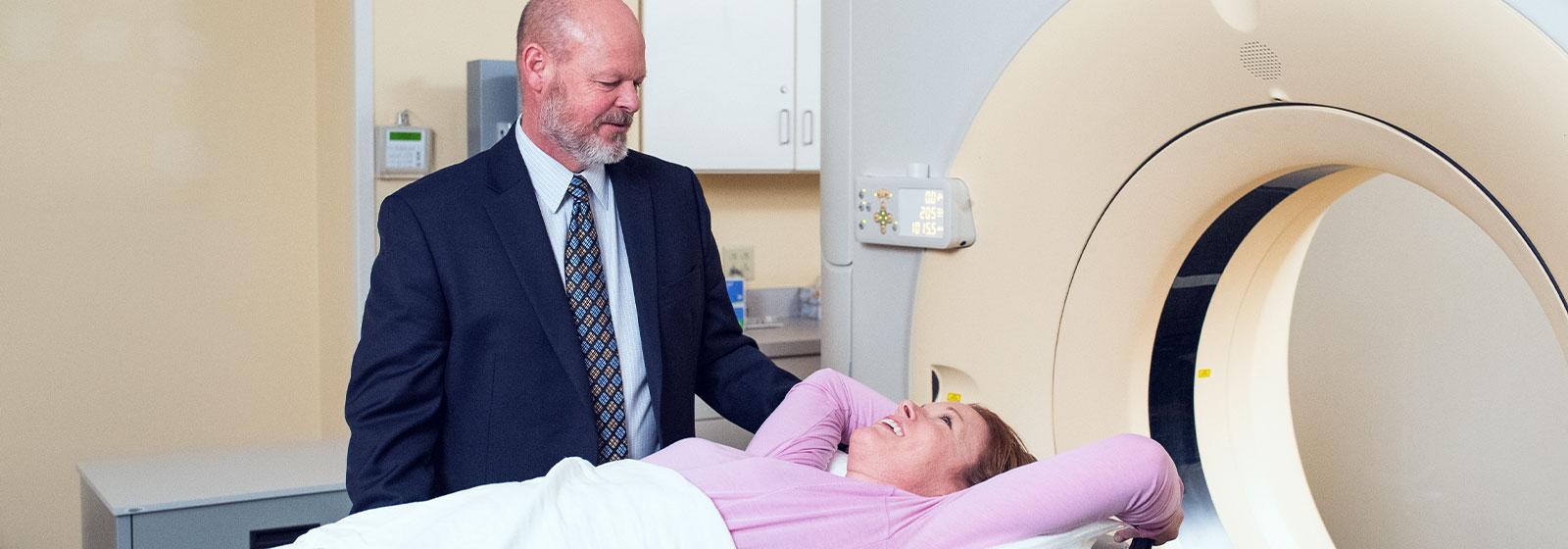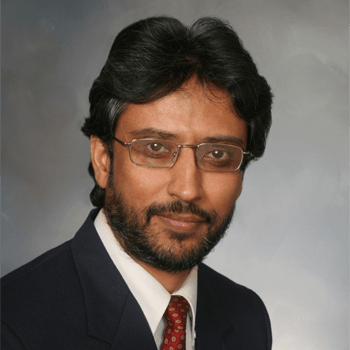Lifestyle changes can help prevent many types of cancer. Other cancers can be successfully treated if we screen for them and catch them early enough. At Blessing Cancer Center, we want to help people in our region stay healthy, live longer and live better.
Cancer Prevention
Environmental and lifestyle factors contribute to many cancers. By making certain lifestyle changes, you may be able to avoid or reduce your risk of developing some types of cancer. Healthy lifestyle choices include:
Smoking cessation: Smoking is the leading cause of lung cancer and can increase the risk of developing several other types of cancer. The sooner you quit smoking, the lower your risk of developing lung cancer is, later in life. Contact us for help!
Sun protection: Exposure to too much ultraviolet radiation from the sun is the leading cause of skin cancer. You can limit your exposure by covering up, wearing hats with large brims and wearing sunscreen with a sun protection factor (SPF) above 30.
Weight loss: Being overweight puts you at higher risk for developing certain cancers, including breast cancer, colorectal cancer and many others. Learn more about our outpatient nutrition services to help you manage your weight.
Cervical cancer: The human papilloma virus (HPV) causes most cases of cervical cancer. An HPV vaccination is safe and can prevent men and women from getting this virus.
Cancer Screening
We can successfully treat many cancers if we identify them in their early stages. For other cancers that cannot be cured completely, early detection offers you more options for managing the condition.
Screenings are an important way to detect and reduce your risk of cancer development. At Blessing, we offer cancer screenings such as:
Prostate: Our specialists recommend several prostate screening and testing options, including digital rectal examinations, colonoscopy, PSA blood tests, biopsy and imaging.
Colonoscopy: A colonoscopy can detect polyps (growths on the intestinal walls) or cancers in the lower intestines, rectum and prostate. We check any polyps we find to see if they are benign (noncancerous) or cancerous. We perform regular colonoscopies at our Blessing Surgery Center.
Imaging scans: Smoking is the most common cause of lung cancer. We can screen people at high risk for lung cancer using low-dose computerized tomography (LDCT) at our cancer center. LDCT uses low dose X-rays to produce 2-D and 3-D images of the organs and structures inside your body. We can detect very small abnormalities using this advanced technology.
Mammograms: We recommend that women over age 40, or over 35 if they are at higher risk, have an annual mammogram to screen for breast cancer. Learn more about cancer screening at our breast center.
Pap smear: We recommend that women begin having screenings for cervical cancer at age 21. Gynecologists use a test called a Pap smear to test for cancerous or precancerous cells in the cervix or uterus.
Skin screen: Skin cancer comes in many shapes and forms, and it is not always easy to identify a suspicious area yourself. Your doctor or dermatologist can examine your skin for these early signs. If you have a raised or itchy patch of skin, or a mole that grow unevenly or quickly, ask your doctor to check it out.
Low-Dose CT: We can screen people at high risk for lung cancer using low-dose computerized tomography (LDCT) at our cancer center. LDCT uses low dose X-rays to produce 2-D and 3-D images of the organs and structures inside your body. We can detect very small abnormalities using this advanced technology.
Contact Us
For more information about our cancer center services call (217) 223-1200.






